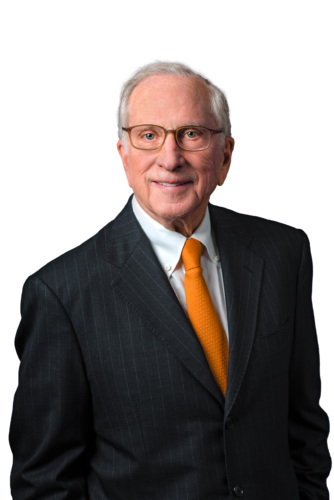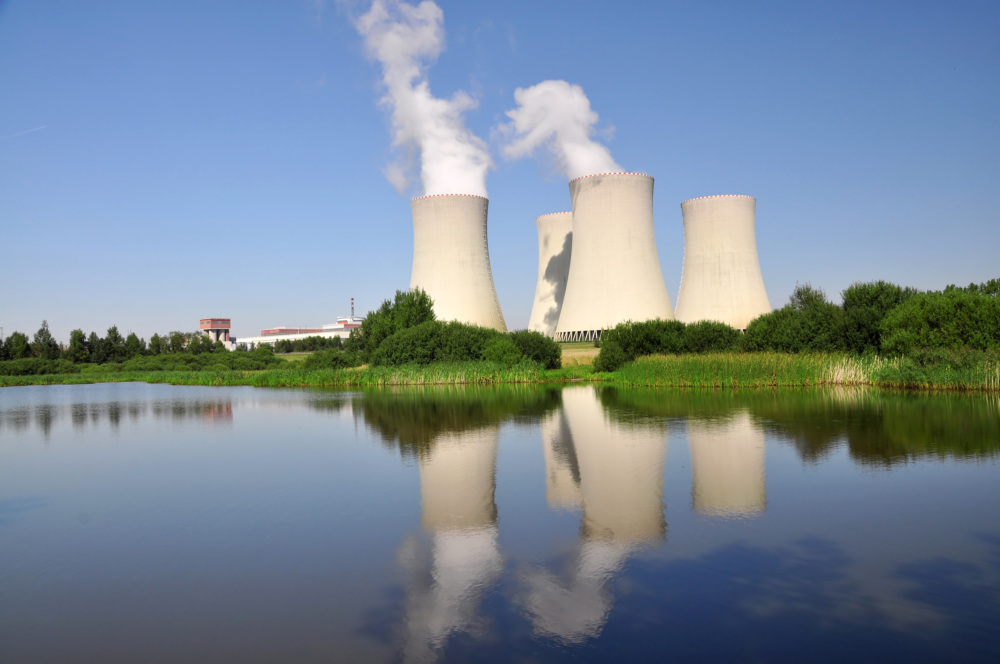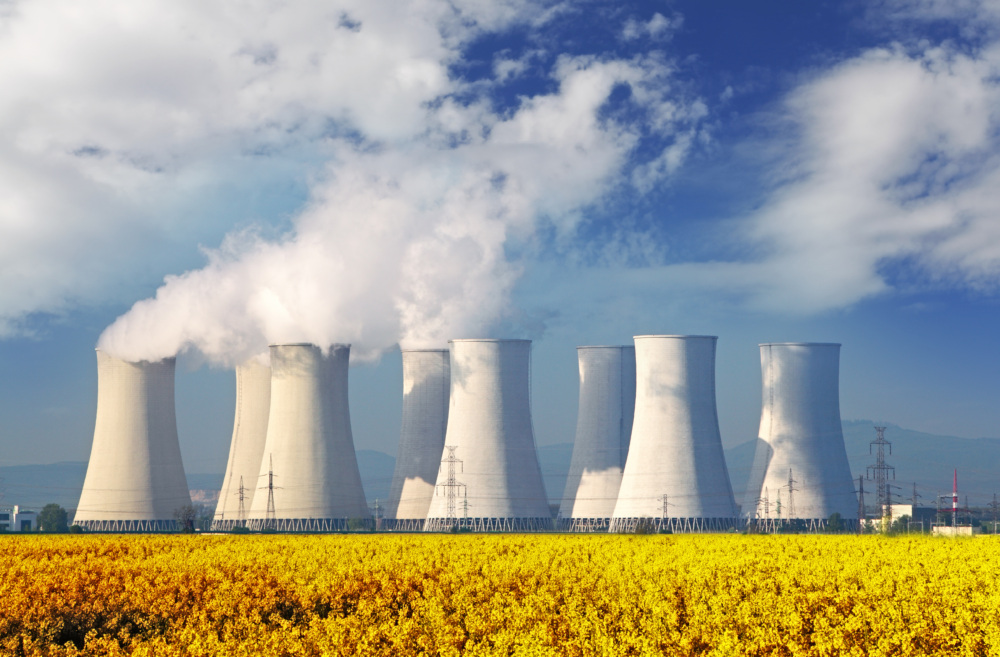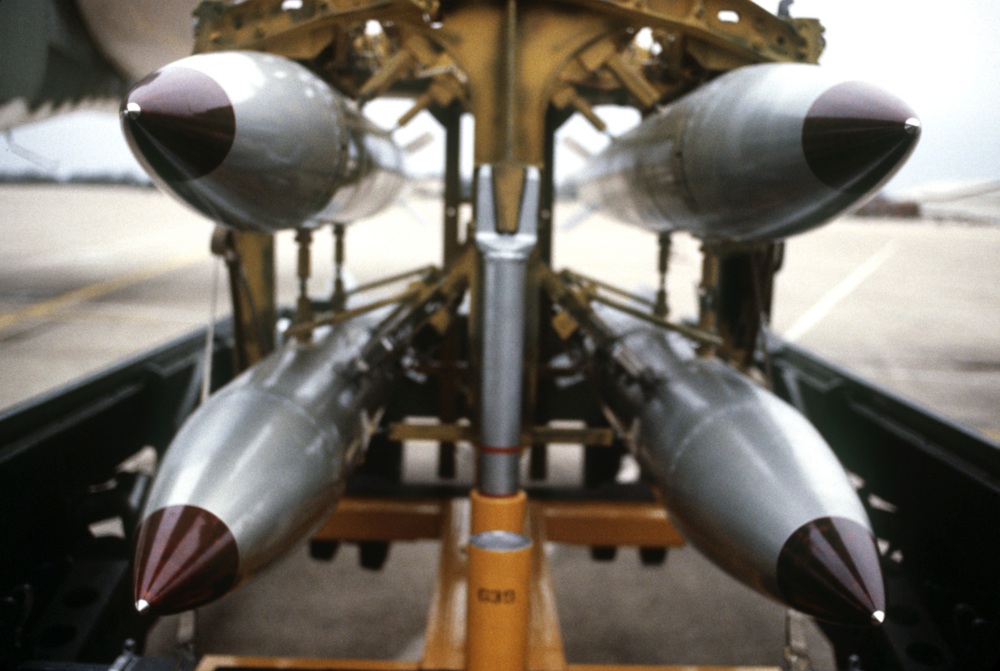
Sam Nunn
Co-Founder and Co-Chair, NTI
President Nazarbayev, Director General Amano, distinguished leaders – I am honored to be here in Kazakhstan with my co-chairman at NTI, former Secretary of Energy Ernie Moniz, to celebrate this important milestone for the International Atomic Energy Agency’s Low Enriched Uranium Bank and to thank those who have worked so tirelessly to make the opening of this bank a reality.
Today’s celebration, on this special day in Kazakhstan history, is possible because of the efforts of many. Let me name a few who lead the list.
First, the unwavering commitment of Director-General Amano and former Director-General ElBaradei and the IAEA team who led this journey starting 11 years ago.
Second, the extraordinary leadership of President Nazarbayev and the good will of the people of Kazakhstan, who have served as a model for global nonproliferation efforts for decades. Mr. President, I applaud you for continuing to act on the childhood lesson you learned from your grandmother to “beat swords into ploughshares and spears into pruning hooks.”
Third, the vision and generosity of NTI advisor Warren Buffett, who enabled our financial commitment of $50 million to jump-start this reserve and encouraged others to join. As Warren says, “There is no better investment than helping reduce the risk of nuclear proliferation.”
Fourth, the contributions of donor countries represented here today whose governments are dedicated to reducing the risks of proliferation of nuclear weapons and weapons-usable nuclear materials. Special thanks to UAE, Kuwait, Norway, the European Union, the United States, and, of course, Kazakhstan.
Finally, but special for me, the dedicated effort of our NTI team, past and present, including Charlie Curtis, Joan Rohlfing, Laura Holgate, Corey Hinderstein, and Andrew Bieniawski.
This IAEA bank will play an important role in reducing nuclear dangers and serve as a vivid example of the benefits of international cooperation at a time when our world is in a race between cooperation and catastrophe. It is my hope that this Bank is a significant step toward a multilateral and international approach to sensitive parts of the fuel cycle.
This Bank helps fill a dangerous gap in global nuclear security. The problem – as we’ve seen – is that the same technology used for nuclear power also can be used to enrich uranium for military purposes, leading to the development of weapons that can destroy God’s universe.
This Bank will give confidence to nations that relying on the imported fuel market will be secure, reliable, economically sensible and in the best interests of its citizens.
In my years of working to reduce nuclear risks, I have often asked myself: If – God forbid – the world suffers a nuclear catastrophe, what steps would we wish we had taken to prevent it?
This IAEA Bank is one of these – a crucial step toward a safer world. I am grateful to all who played a role in making this vision a reality. Thank you.
Sign up for our newsletter to get the latest on nuclear and biological threats.
At this critical juncture for action on climate change and energy security, 20 NGOs from around the globe jointly call for the efficient and responsible expansion of nuclear energy and advance six key principles for doing so.
To make good on their COP28 pledge, countries need a new approach to building, regulating, and financing nuclear technology.
Understanding nuclear materials, including how plutonium and enriched uranium are produced, and the basics of nuclear energy and nuclear weapons, is the focus of this tutorial.


